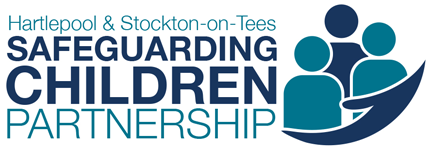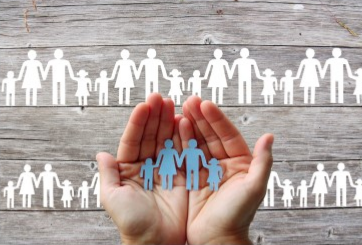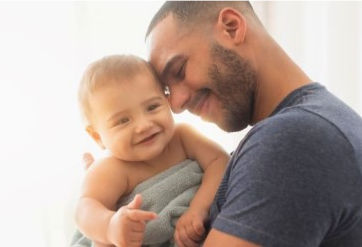Harm Outside the Home (Exploitation)
Not all harm happens at home. Sometimes, it happens in places that seem normal—like school, parks, online, or with people you thought you could trust. This page is here to help you spot the signs of exploitation, understand why it’s dangerous, and know where to get help.
What is Exploitation?
Exploitation is when someone uses you or your situation to benefit themselves—often by tricking, pressuring, or hurting you. It can happen in different ways:
- Criminal Exploitation: When someone forces or manipulates you into doing illegal things, like carrying drugs or stealing. This is sometimes called “county lines.”
- Sexual Exploitation: When someone uses threats, bribes, or fake love to make you do sexual things you don’t want to do.
- Online Exploitation: When someone uses social media, gaming, or messages to groom you, share private images, or control you.
- Trafficking: When someone moves you from one place to another to exploit you—this can happen even within the UK.
Anyone can be exploited. It’s never your fault.
Why is Exploitation dangerous?
Exploitation can:
- Make you feel scared, trapped, or ashamed
- Damage your mental health and confidence
- Put you in unsafe situations with dangerous people
- Lead to criminal charges, even if you were forced to do something
You deserve to feel safe, respected, and free to make your own choices. If something feels wrong—it probably is.
What are the signs of Exploitation?
You might notice:
- Getting gifts, money, or attention that feel “too good to be true”
- Being asked to keep secrets or lie to adults
- Feeling scared to say no or walk away
- Being isolated from friends or family
- Having to travel or meet people you don’t know well
- Being pressured by an adult or older peer to send photos or do things online that feel uncomfortable
- Changes in mood, sleep, or school attendance
If you’re not sure, that’s okay. You can still ask for help.
What to do if you're concerned
If you think you or someone else might be exploited:
- Talk to a trusted adult—like a teacher, youth worker, or family member
- Contact a support service like Childline—you don’t need permission to ask for help
- Take breaks—you can opt out of conversations or ask for quiet time if things feel overwhelming
You are not alone. You are not to blame. You deserve support.
Further Information
Useful Links:
- Barnardos
- Barnardos - Child Exploitation Film
- Barnardos - Child Sexual Exploitation Information
- Barnados - Spot the Signs Leaflet
- Home Office
- If Only Someone Had Listened
- In the Wrong Hands? Leaflet
- Know the Warning Signs
- NSPCC - Child Trafficking Leaflets
- Parents Protect - SMART Rules
- The Children's Society
- The Children's Society - Child Sexual Exploitation Information



